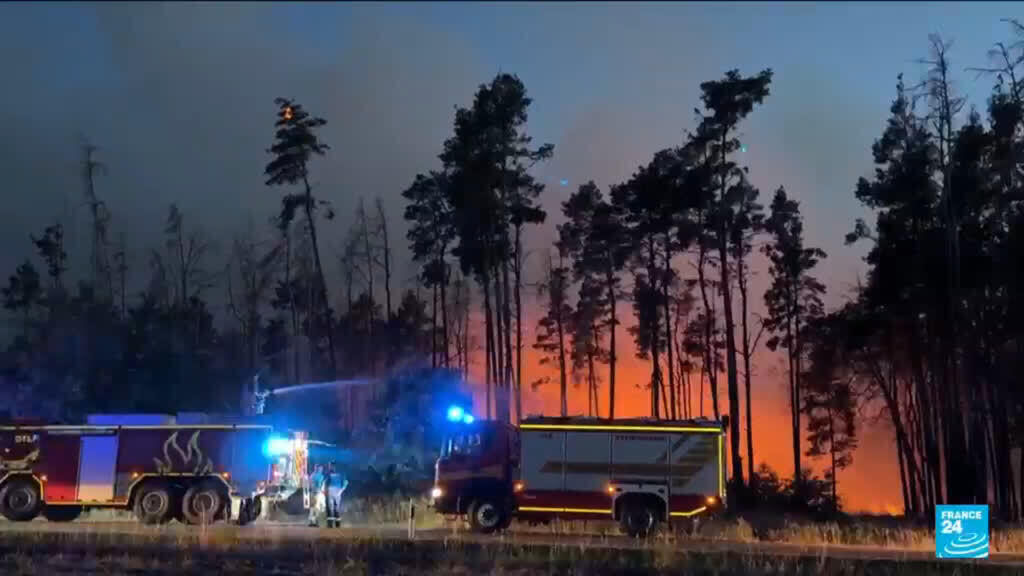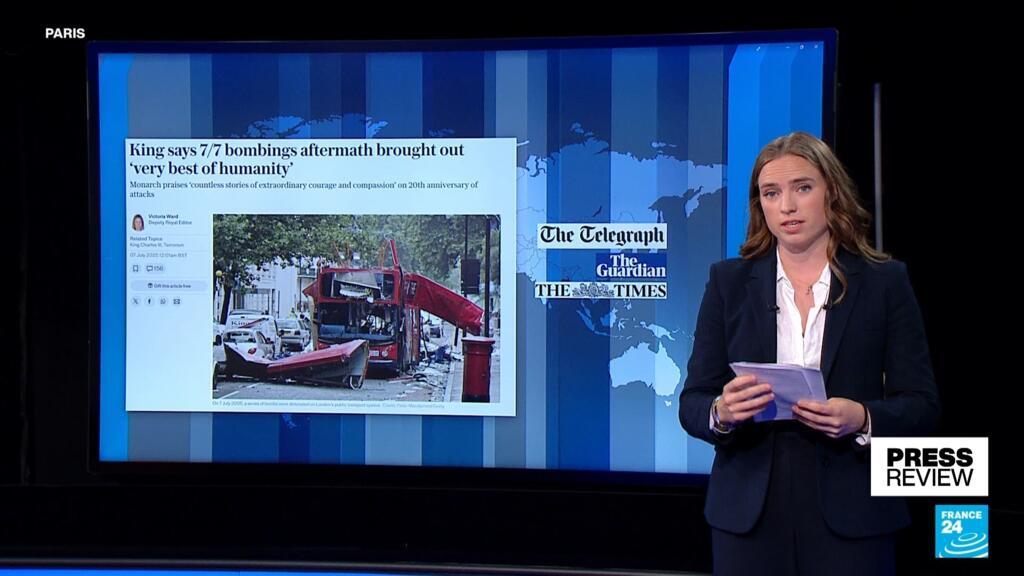Increasing Wildfires Across Europe and the Mediterranean
Wildfires are becoming an alarming trend across Europe and along the Mediterranean coast, causing significant damage to both vegetation and properties. As summer approaches, the frequency and intensity of these blazes are expected to escalate, posing severe threats to ecosystems, communities, and economies. Experts suggest that climate change is a primary factor driving this phenomenon, as rising temperatures and prolonged droughts create ideal conditions for wildfires to ignite and spread.
In recent months, several countries have witnessed devastating fires. For instance, Greece has been particularly hard hit, with reports indicating that wildfires have destroyed thousands of acres of forest and farmland. The situation in Spain is equally concerning, as the central and southern regions have seen an uptick in fire incidents, resulting in the evacuation of hundreds of families. Italy and Portugal are also grappling with similar challenges, facing both environmental degradation and the risk of loss of life.
Experts warn that the frequency of wildfires will likely increase due to ongoing climate change. Temperatures in Europe have been rising steadily, and studies predict that this trend will lead to more extreme weather conditions, including heatwaves and minimal rainfall. Such changes create a combustible mix for wildfires, especially in areas that are already experiencing dry conditions for extended periods. The Mediterranean region, known for its hot, dry summers, is particularly vulnerable to these fiery disasters.
The impact of wildfires extends beyond immediate destruction. The smoke and pollutants released during these events contribute to air quality deterioration, which can have serious health implications for nearby populations. Additionally, the loss of vegetation disrupts local ecosystems, leading to issues such as soil erosion and loss of biodiversity. In areas where agriculture is a primary economic driver, wildfires can devastate crops and disrupt livelihoods, further exacerbating the socio-economic challenges faced by affected communities.
Governments and local authorities are grappling with how to respond to this growing threat. Many are investing in firefighting resources, including aircraft and ground personnel, to combat the blazes effectively. Early warning systems and public awareness campaigns are also being implemented to inform citizens about the risks associated with wildfires and encourage preparedness. However, these measures can be costly and may not suffice if the underlying causes—primarily linked to climate change—are not addressed.
Beyond immediate firefighting efforts, there is a call for greater investment in sustainable land management practices to reduce fire risks. This includes systematic forest management, controlled burns, and creating firebreaks to contain potential wildfires. Furthermore, reforestation projects can also play a role in mitigating the frequency and intensity of fires in the long run, although these require long-term commitment and collaboration across various sectors.
As the world confronts this crisis, the need for coordinated efforts to combat climate change has never been more urgent. The current wildfires across Europe and the Mediterranean serve as a grim reminder of the challenges posed by global warming, as well as the need for collective action to protect the environment and communities at risk. Stakeholders from governments to local communities and international organizations must come together to find solutions that will not only address the immediate threats of wildfires but also tackle their root causes in the context of climate change mitigation.












